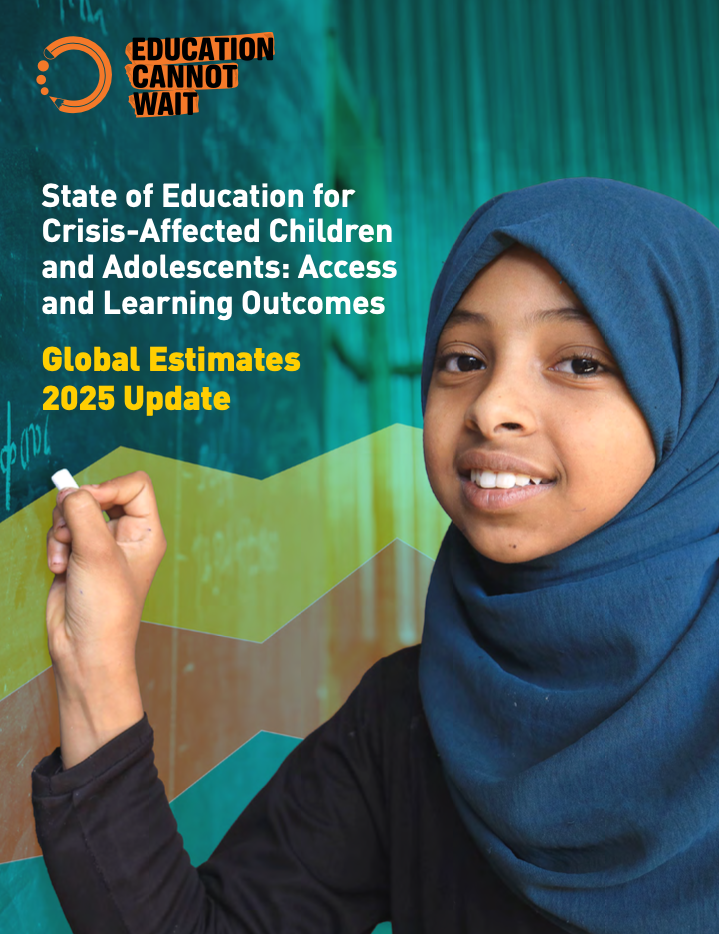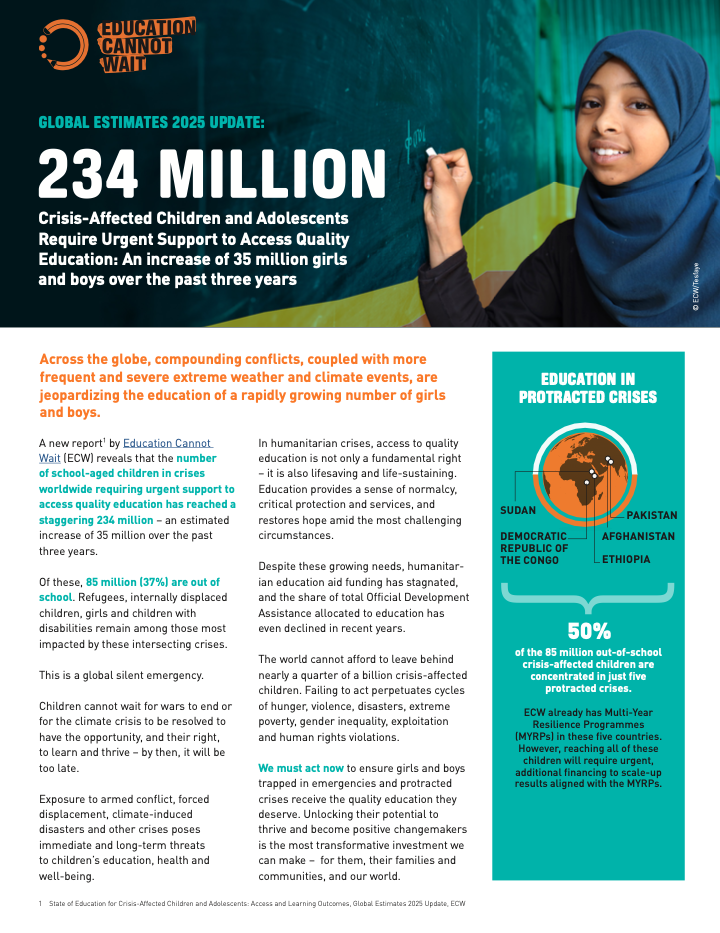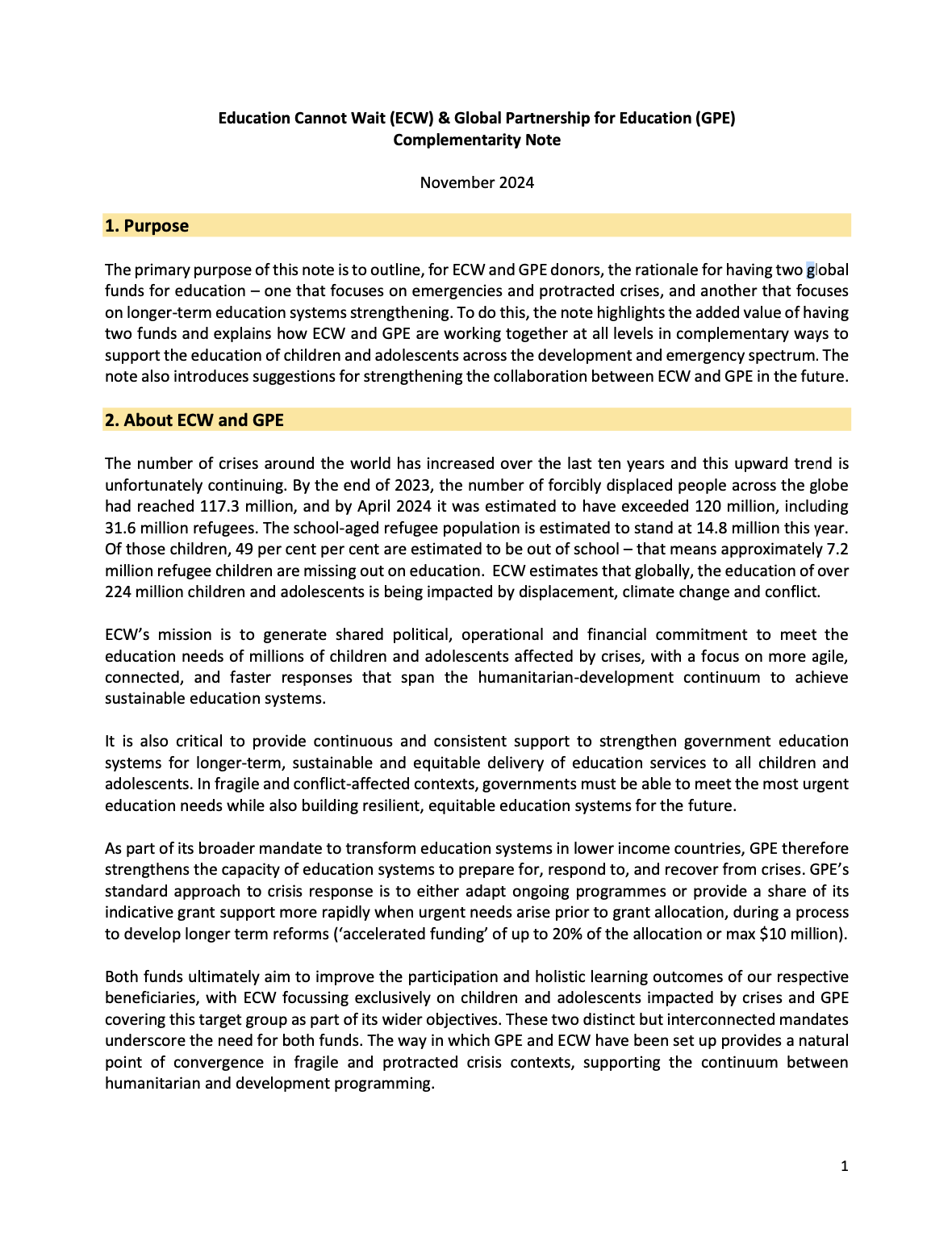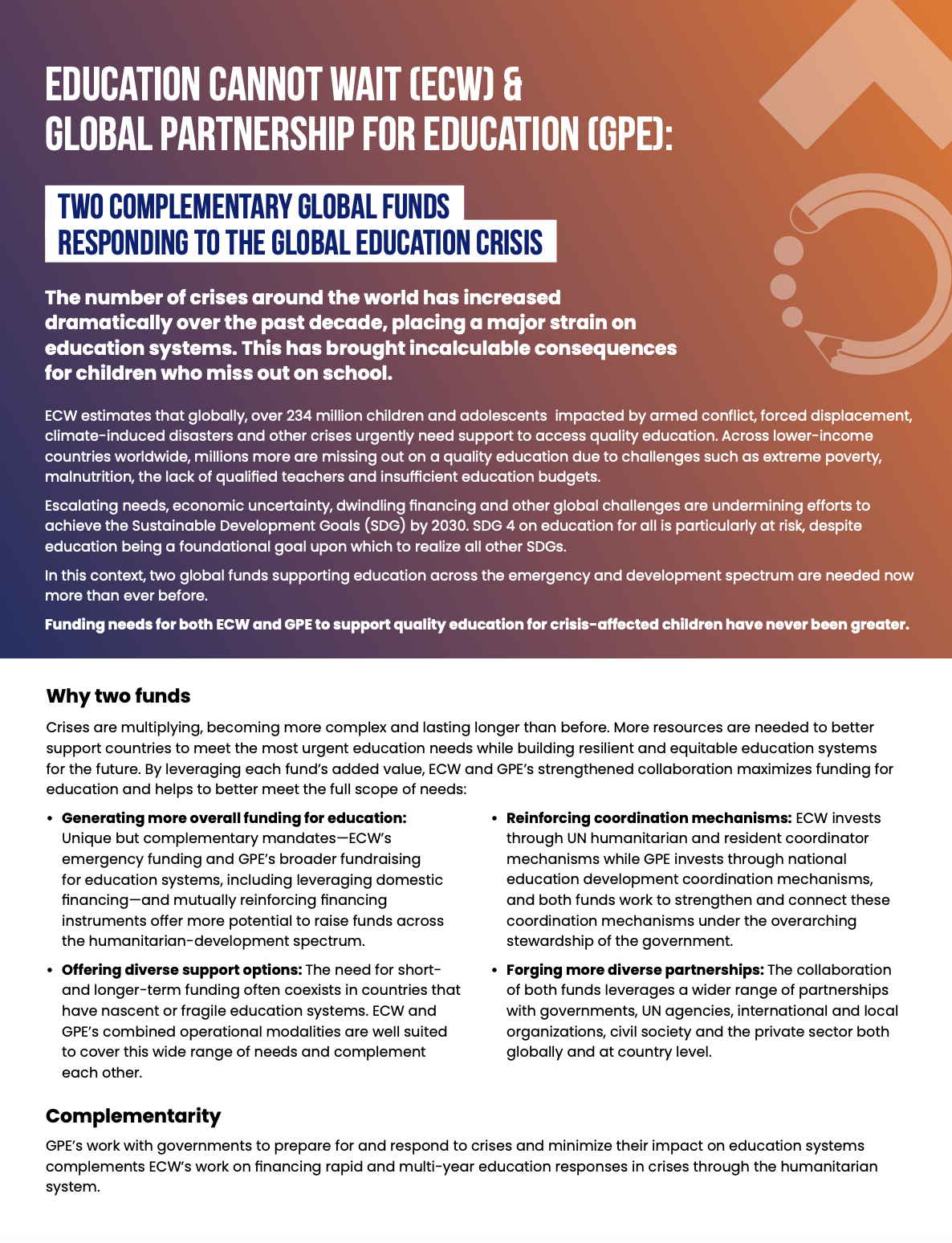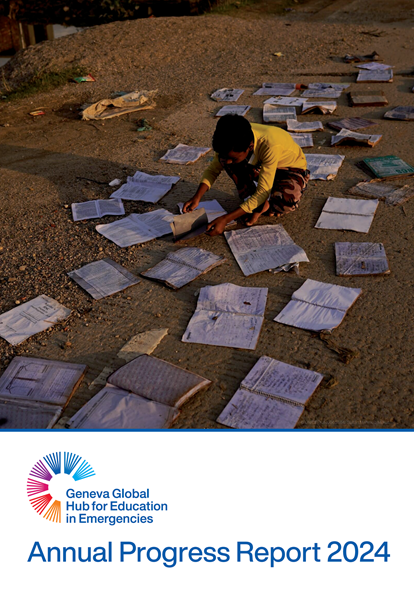Unlocking Futures: A Global Overview of Education in Emergencies Financing
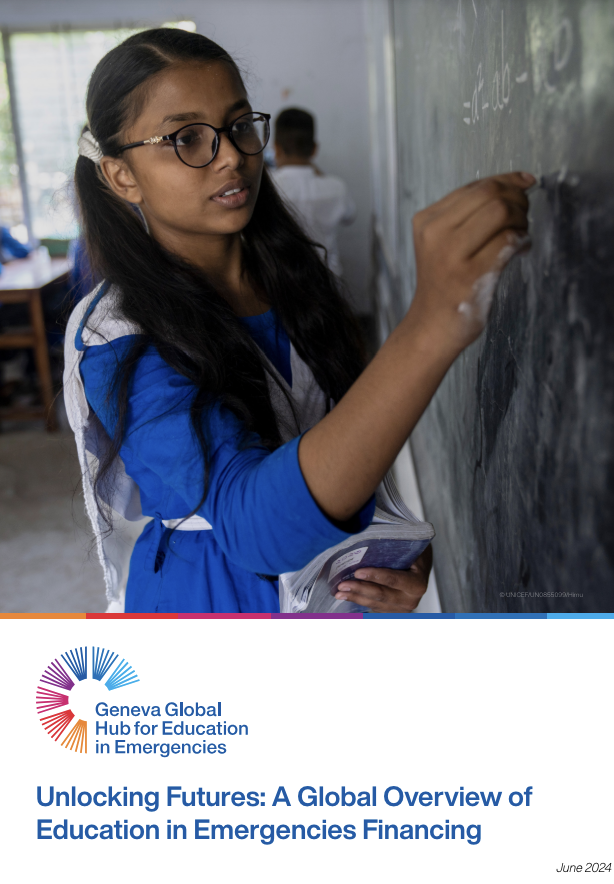
In the face of a global education crisis, the mobilisation of sufficient financial resources for Education in Emergencies (EiE) is an urgent necessity. Conflict, the climate crisis, food insecurity, forced displace-ment and the aftereffects of COVID-19 continue to disrupt education systems around the world, and to deny millions of children in all their diversity the opportunity to learn and thrive. At present, 224 million school-aged children are affected by crisis and in urgent need of quality education, including 72 mil-lion children who are out of school completely.1 The new analysis of the state of EiE funding presented in this paper follows on from the Geneva Global Hub for Education in Emergencies’ (EiE Hub) 2022 and 2023 flagship reports, Education in Emergencies Financing in the Wake of COVID-19: Time to Reinvest to Meet Growing Needs (EiE Hub Finance Report) and Leveraging Education in Emergencies for Climate Action (EiE Hub Climate Report). The current analysis provides both causes for concern and promising opportunities.

